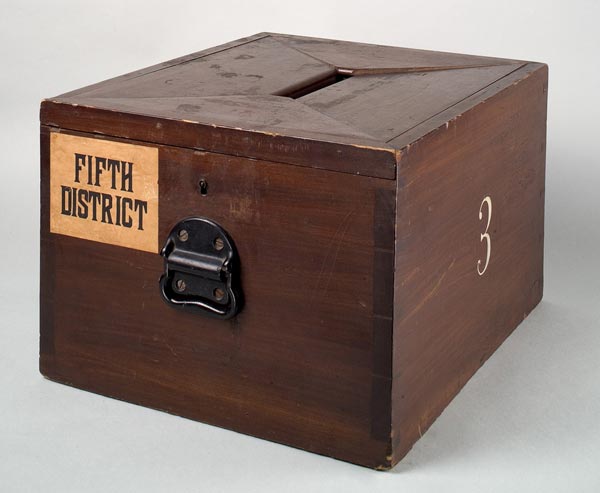Good morning.

Sunday in Whitewater will be cloudy with a high of 21. Sunrise is 7:25 and sunset is 4:35, for 9 hours, 10 minutes of daytime. The moon is a waxing crescent with 34.5 percent of its visible disk illuminated.
On this day in 1933, construction of the Golden Gate Bridge begins in San Francisco Bay.
On the evening of December 19th, the Whitewater Community Development Authority held its monthly meeting. Embedded above is the full video of that meeting. Item 3 of the meeting agenda included PowerPoint slides describing the process tax incremental financing in Whitewater. (I’ll address general and particular elements of tax incremental financing tomorrow. For today, what’s of interest is the orderly & transparent process of Whitewater’s new Office of Economic Development and much-improved Community Development Authority.) Embedded below are the slides that describe Whitewater’s process:
Methodical: an invitation to meet, a written proposal from a developer, a burden of proof on the developer, a review by the city of the plan’s feasibility, a calculation of a payback period, a legal draft agreement if the proposal meets the requirements of the city, and then a presentation to the CDA1.
What does a private man, this libertarian blogger, see in these slides? An orderly and transparent process, embodying principles of open government, visible and understandable to anyone in our city.
That orderly and transparent process offers the best chance of producing sound results through government action in support of a common prosperity. If there is to be government, and I recognize that there need be, then it should — and must — be like this.
How it should be — how it always should have been.
It hasn’t always been like this. Indeed, only four years ago, under a prior municipal administration, an effort at reform failed, and was quickly, regrettably abandoned.
On January 23, 2020, at a meeting of the Whitewater Community Development Authority, then City Manager Cameron Clapper proposed that Whitewater come into alignment with the best practices of other cities, by suggesting (as part of a longer discussion), placing the development director in our city hall to make his or her work more conventional and transparent.
His remarks begin at 2:58 on the video below, and a lengthy discussion continues thereafter:
One month later, for a February 20, 2020, the agenda for that meeting included an item for a new and more modern development structure. It was, however, pulled from the agenda and so left unrealized. At that meeting, the men who for so long dominated development in this city offered a revisionist history that cast their influence as the most productive, and self-servingly omitted their many mistakes2. See Whitewater’s Still Waiting for That Boom.
We’ve a new and transparent structure now. At last, we’ve something open, rational, reliable. Long time coming. The days under the old CDA of a distressed tax incremental district, a cease and desist order from the federal government over a conflict of interest, hundreds of thousands wasted on low-quality startups, and years without a grocery until this administration made it happen are now over.
Whitewater’s past development structure was opaque, its efforts ineffectual at best, and wasteful or conflicted at worst. How much did residents know about what was happening under the old structure? Not enough, that’s how much.
And look, and look: no one has to be a government man to see that these processes are objectively more open. (I’m not in the government, in any role, and never will be.) Open and transparent government, by the way, is a right of all private residents that benefits all private residents. It wasn’t easy to get to this point, I wouldn’t wonder. All the community benefits from it.
The fruits of that better process include a superior grasp and use of tax incremental financing3, and a high-quality set of housing proposals recently approved on 12.19.24 on a 5-1-1 (one abstention) vote at the Whitewater Community Development Authority.
Those are topics for Monday and Tuesday, respectively.
Update, evening of 1.5.24: I’ll switch the order, with discussion of high-quality set of housing proposals for Monday and various topics including tax incremental financing on Tuesday.
- Much better than times past when the CDA couldn’t even find its paperwork. (Those times were always blamed on someone or something else, making Whitewater’s old CDA perhaps the state’s biggest user of the dog-ate-my homework defense.) ↩︎
- They’ll talk about the past, if it’s their contrived version of the past. Otherwise, they’d rather move on. ↩︎
- I’ve been a longtime critic of how Whitewater approached tax incremental financing in the past, and rightly so. The municipal administration’s present approach is wholly different and far sounder. ↩︎



